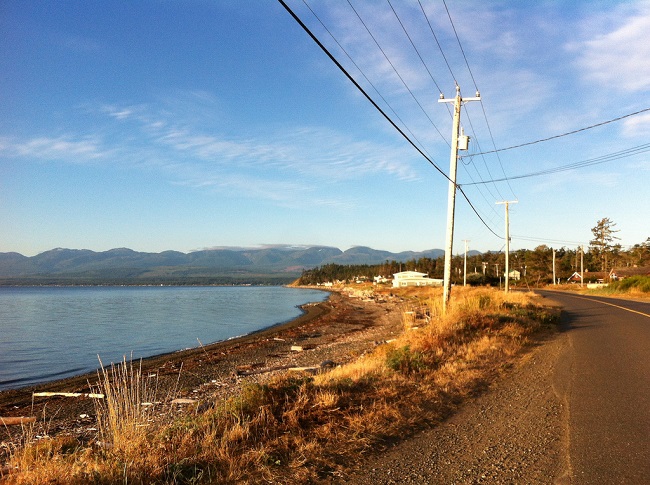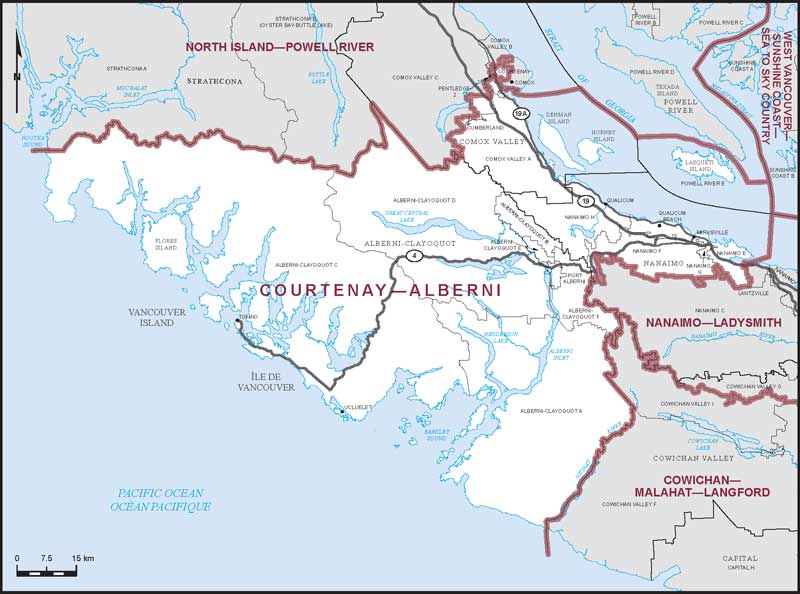Vancouver Island MP to cycle across riding to advocate for national cycling strategy
More needs to be done by the federal government in offering Canadians better, safer bike infrastructure, Gord Johns said.


Saying that more needs to be done in providing complete, progressive bike infrastructure for Canadians, Gord Johns, the NDP member of parliament for the British Columbia riding of Courtenay-Alberni, is preparing to take to the saddle, cycling across his riding as a gesture of advocacy.
The Vancouver Island MP can regularly be found on his bike in his come community and in Ottawa—and as such, he’s no stranger to the challenges faced by cyclists nationwide.
Speaking to CBC reporters, Johns noted that much of his Courtenay-Alberni riding—a total of 8,500 square kilometers—can be decidedly unfriendly to cyclists, but that’s the point of his 12-day tour later this month. “There are areas of our riding where cycling infrastructure is good, and some of it that is very weak,” he said. “So it’s something that we are going to be working with local communities on.” Planning to put 60 kilometers per day in the saddle, Johns will visit more than 30 such communities, sharing a simple, critical message with each stop.
“We need to do better at creating more safe cycling opportunities,” he said, “not just here in

, but across Canada.”
That push for a national cycling strategy, of course, is at the heart of his Vancouver Island bike odyssey later this month. Targets for expanding bike infrastructure and improving safety standards, he told the CBC, are among the commitments he wants to see the federal government make.
Other experts noted the far-reaching impact that such a strategy could have.
“The federal government can put out model standards,” said Kay Teschke, part of the Cycling in Cities research program at the University of British Columbia. “They could provide matching funding in the same way we get matching funding for transit.”
